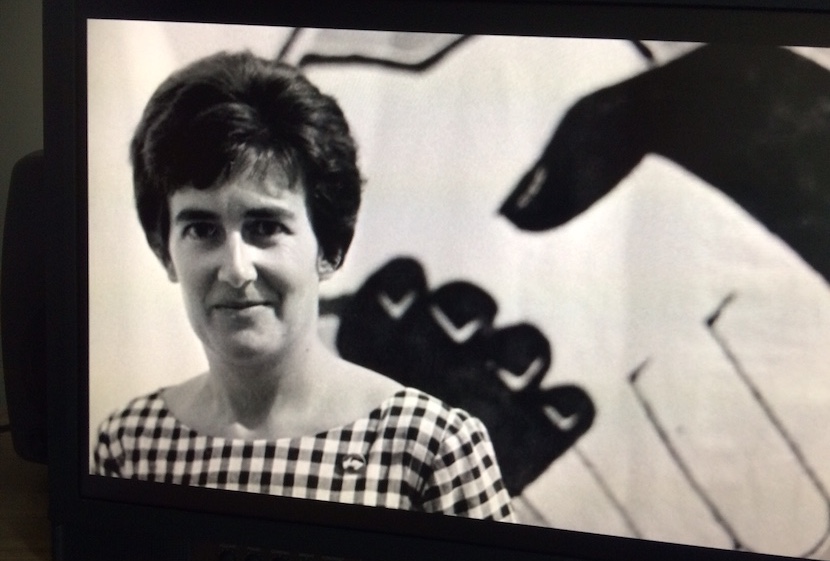Golden Rhino of Mapungubwe


Carol Moses was born on 7 April 1968 in Oudtshoorn, Western Cape, one of seven siblings. She grew up on a farm outside Oudtshoorn. Moses was a struggle activist who stood up for the people of the Karoo.
On 5 September 2019, students from different institutions went to parliament to protest against gender-based violence and demanded to see the president. Thousands of protesters, including students, activists, politicians and academics called for the death sentence to be reinstated for those who commit violence against women. They demanded to see President Cyril Ramaphosa. The president was due to deliver a speech at the World Economic Forum on Africa in Cape Town International Convention Centre, but he had to address the crowd instead.
When the president appeared, the protesters shouted, “Enough is enough” and sang one of the struggle songs ‘ Senzeni na?(What we have done)’. As he began to speak, the crowd booed the president, before allowing him to speak. President Ramaphosa agreed that the nation was in crisis and he mentioned that there should be no parole conditions for rape and murder accused. He also promised several thousands of protesters measures to protect women, including harsher punishment to those who commit violence against women and children in South Africa.
On 4 September 2019, people gathered outside parliament in Cape Town to address gender- based violence in South Africa. They carried posters on which was written ‘Asphelelanga kushot’ uNene, translated as “We are not complete, we are short of Nene”. The protest was triggered by rape incidents, including one of a 19-year-old first year student, Uyinene Mrwetyana from the University of Cape Town. who was raped and killed by a man in a Cape Town Post Office. The protesters were angry, some demanding the government to bring back the death penalty.
The National Assembly speaker, Thandi Modise addressed the protesters promising to pressure the minister to take action against gender- based violence in South Africa. She said that a minimum sentence for perpetrators must be a life sentence in jail.
Ebrahim Badsha was born on 13 March 1931, in Durban, Natal (now KwaZulu Natal). Badsha was one of the pioneer Black artists in Natal. He grew up in a large Gujarati Muslim home. His father, Ismail Essop Badsha, came to the colony of Natal with his elder sister and her husband as their son in the late 1890s. His mother immigrated to Natal with her two sons in 1917 and settled in Durban.

Anti-apartheid activist Adelaine Hain who was successively jailed, banned